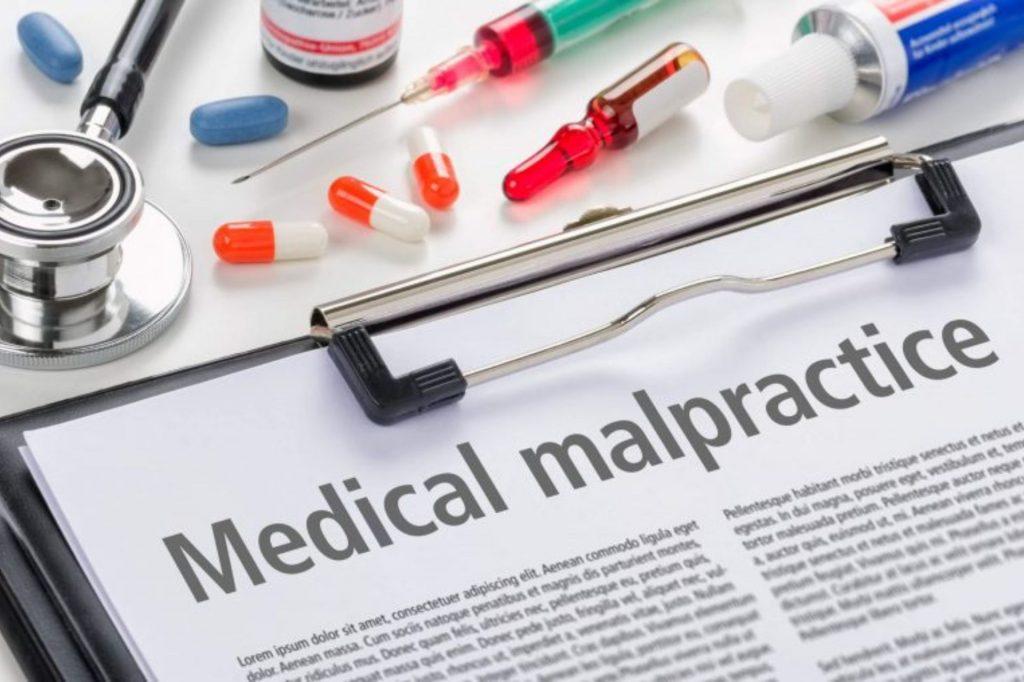
When a doctor or healthcare provider makes a grave mistake, the consequences can be life-changing. Medical malpractice cases are often emotionally charged, complex, and financially substantial. If you are a victim, you may be left trying to decide whether to take the case to trial or settle out of court.
While both have their advantages, most malpractice cases are settled before getting to trial. But is always settling the best outcome? Understanding the pros and cons can help you make informed decisions when faced with challenging situations. Here are a few of the pros and cons when it comes to settling a medical malpractice case.
Pros Of Settling A Medical Malpractice Case
The following are some pros of settling a medical malpractice case:
- Faster Resolution
Settlements are usually a lot faster than trials. A trial may last months or even years, and throughout the process, numerous delays and court appearances are the norm. If you need financial relief sooner rather than later, for instance, to help pay medical bills or cover lost income, a settlement may provide a faster path to compensation.
Having a good sense of the positives and negatives of both options is crucial to developing an effective legal strategy. Knowing how to win a medical malpractice case is important to recover from the accident.
- Predictable Outcomes
With a settlement, you know exactly what you’re getting. Both parties mutually agree upon the terms, so there is no ambiguity surrounding a courtroom ruling. Even strong evidence can lead to an unpredictable outcome at trial due to the perceptions of a jury or legal technicalities.
- Privacy And Confidentiality
Most settlements are private. This is to keep out sensitive personal information and medical records. If privacy concerns you or your family, a settlement provides more control over what becomes a public record.
- Less Emotional Stress
Going to trial can be emotionally devastating. That can mean re-experiencing traumatic events, responding to complex questions, and entering a confrontational setting. Furthermore, settling can help alleviate these psychological pressures and enable you to sleep more peacefully.
Cons Of Settling A Medical Malpractice Case
Here are the cons of settling medical malpractice cases:
- Lower Compensation
A key drawback of settling is that you might wind up with less money than you would if you won at trial. Even insurance agencies themselves will work to drive down settlement amounts. If you have sustained long-lasting or severe injuries, compensation may not be sufficient to cover your future medical expenses or replace your lost wages.
- No Admission Of Guilt
In most settlements, the healthcare provider does not acknowledge any wrongdoing. This can be frustrating if you are seeking justice or want the doctor to be held publicly accountable for their mistake. A trial, on the other hand, could lead to a ruling that assigns clear blame.
- Limited Opportunity To Tell Your Story
At trial, you can present your side in full, which is one reason many victims value that opportunity so much. Settling does not involve the court, which can mean that no one has fully understood what you’ve been through.
Conclusion
Whether or not to settle a medical malpractice case is a highly personal decision based on your individual needs, goals, and the strength of your case. While settling may yield quicker, more certain results and shield your privacy, it may also mean accepting a lower amount of compensation and forgoing an opportunity for public justice. If you find yourself in that position, it is essential to talk to an attorney with experience in medical negligence law. It can be a neutral way to help you decide and guide you toward the outcome that makes the most sense for your situation.




Leave a Reply